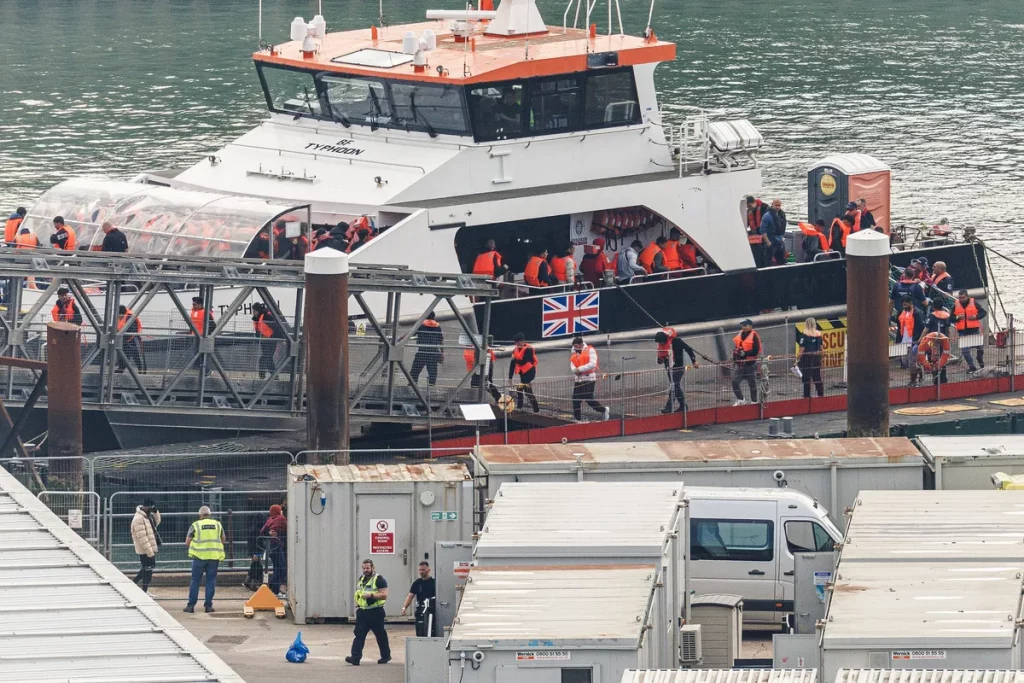The UK has carried out its first deportation under the new returns deal with France, marking a major step in the government’s strategy to reduce small boat crossings in the English Channel.
An Indian national, who had entered the UK by small boat, was placed on an Air France flight and flown to Paris on Thursday morning. The Home Office confirmed the removal, describing it as the first in a series of planned deportations under the year-long pilot agreement signed between the UK and France.
The “one in one out” scheme, announced just over a month ago, allows the UK to return one migrant to France in exchange for another individual with an approved asylum claim being relocated to the UK through a legal and managed route. Home Secretary Shabana Mahmood called the move “an important first step to securing our borders,” stressing that it sends a clear signal to those considering the dangerous Channel crossings.
“This is a message to anyone entering the UK illegally: if you arrive by small boat, we will seek to remove you,” Mahmood said. She also confirmed that additional deportation flights are scheduled for later this week and into next week, with the first asylum seekers arriving from France in the coming days under the new arrangement.
However, the scheme has already sparked debate. Earlier this week, the High Court temporarily blocked the deportation of an Eritrean man who claimed to be a victim of modern slavery. The case highlighted the ongoing legal battles surrounding removals, with Mahmood vowing to fight what she called “vexatious, last-minute claims.” But Eleanor Lyons, the UK’s independent anti-slavery commissioner, warned that such language could be dangerous. She told BBC Radio 4’s Today programme that framing last-minute appeals as abuse risks giving traffickers new ways to manipulate victims.
The Home Office insists the deal will not only deter dangerous crossings but also reduce reliance on temporary accommodation, such as repurposed hotels, since asylum seekers arriving from France will already have their cases assessed. This means they can move directly into housing and begin integrating into communities.
The UK government believes the system will make people think twice before turning to smugglers, as the risk of being quickly returned to France is now greater. While neither London nor Paris expects the deal alone to end cross-channel smuggling, officials hope it will be a crucial part of a wider strategy to tackle illegal migration.
Why does this deal matter?
- It aims to deter dangerous Channel crossings by removing those who arrive illegally.
- It balances removals with safe, legal asylum arrivals to the UK.
- It reduces pressure on temporary housing by fast-tracking approved asylum seekers into communities.
- It represents stronger cooperation between the UK and France on migration management.
The pilot agreement is set to run for a year, with its impact closely watched by both governments. For ministers, the deal is a test of whether deterrence and managed asylum routes can work together to address one of the UK’s most pressing migration challenges.

